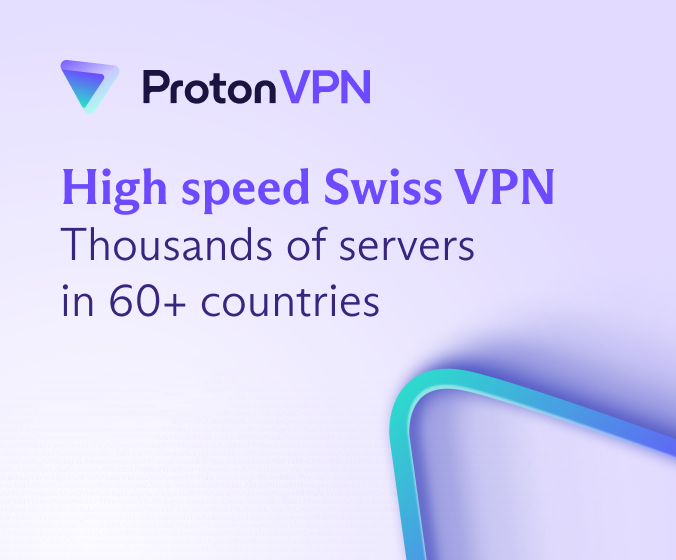Using VPN to Get around GeoIP Bans on Blockchain

2017 saw a steady and significant rise in interest in cryptocurrencies, which was matched by a dramatic spike in their value — and Bitcoin investors also see returns on investments rising further in 2018.
Cryptocurrencies owe their meteoric rise in value in part to the growing confidence in blockchain technology. Blockchain is often described as a digital ledger that is maintained by all users of the technology, rather than by a central authority.
This diffusion of monitoring makes it almost impossible to tamper with or fabricate blockchain data, even with the absence of any regulatory bodies. This is particularly attractive amid close government scrutiny and volatile banking systems.
However, the same aspects that make blockchain so widely appealing have also made some governments wary of it. Five countries have banned cryptocurrencies, while a few others have issued a range of less stringent regulations. For holders of cryptocurrency, this can hamper one of its main benefits: that it is a currency that transcends states and nations.
Fortunately, one of the more common methods of enforcing these regulations, geoIP bans or geo-blocking, can be circumvented through the use of virtual private networks (VPN).
VPNs connect a user’s device with a server elsewhere in the world, which then assigns the user a new IP address, rendering their actual IP address effectively invisible.
Since users can choose a different region for this new IP address, they can effectively bypass geoIP bans. For example, a user whose home address is banned could effectively work out of a different region; or, conversely, a user traveling to a region with adverse blockchain regulations could use a VPN to effectively connect through their home region.

Proton VPN
Protect your digital life with Proton VPN, the leading provider of secure and private internet connections. Whether you're browsing, streaming, or working remotely, our advanced encrypted network ensures your online activities are shielded from prying eyes.
Furthermore, information sent and received is encrypted, allowing the users a heightened level of privacy within this setup—a perfect complement for the relative anonymity that blockchain technology provides.
While certain sites and service providers employ VPN detection technology to enforce their geoIP bans, there are ways to get around this. For instance, you can take a polyserver approach.
Rather than committing to just one VPN provider or server, you can alternate with lower-profile VPN services or change to different server IPs within the same provider. Cycling your IP address regularly can also help bypass VPN detection.
Keep in mind, however, that bypassing technical barriers does nothing about legal regulations. Using VPNs to bypass geo-blocking remains a legal grey area and few states have regulations for it, and most of those are rather vaguely delineated.

So be sure to exercise due diligence whenever engaging in any cryptocurrency ventures, especially where geoIP constraints are involved. Keep in mind that not all regulations on cryptocurrency activity are made in fear or bad faith.
Even China, which is investing heavily in the research of blockchain technology, has enforced some fairly reasonable regulations on its use.
Blockchain enables a great degree of freedom in online finances but should be approached with the corresponding degree of vigilance.





